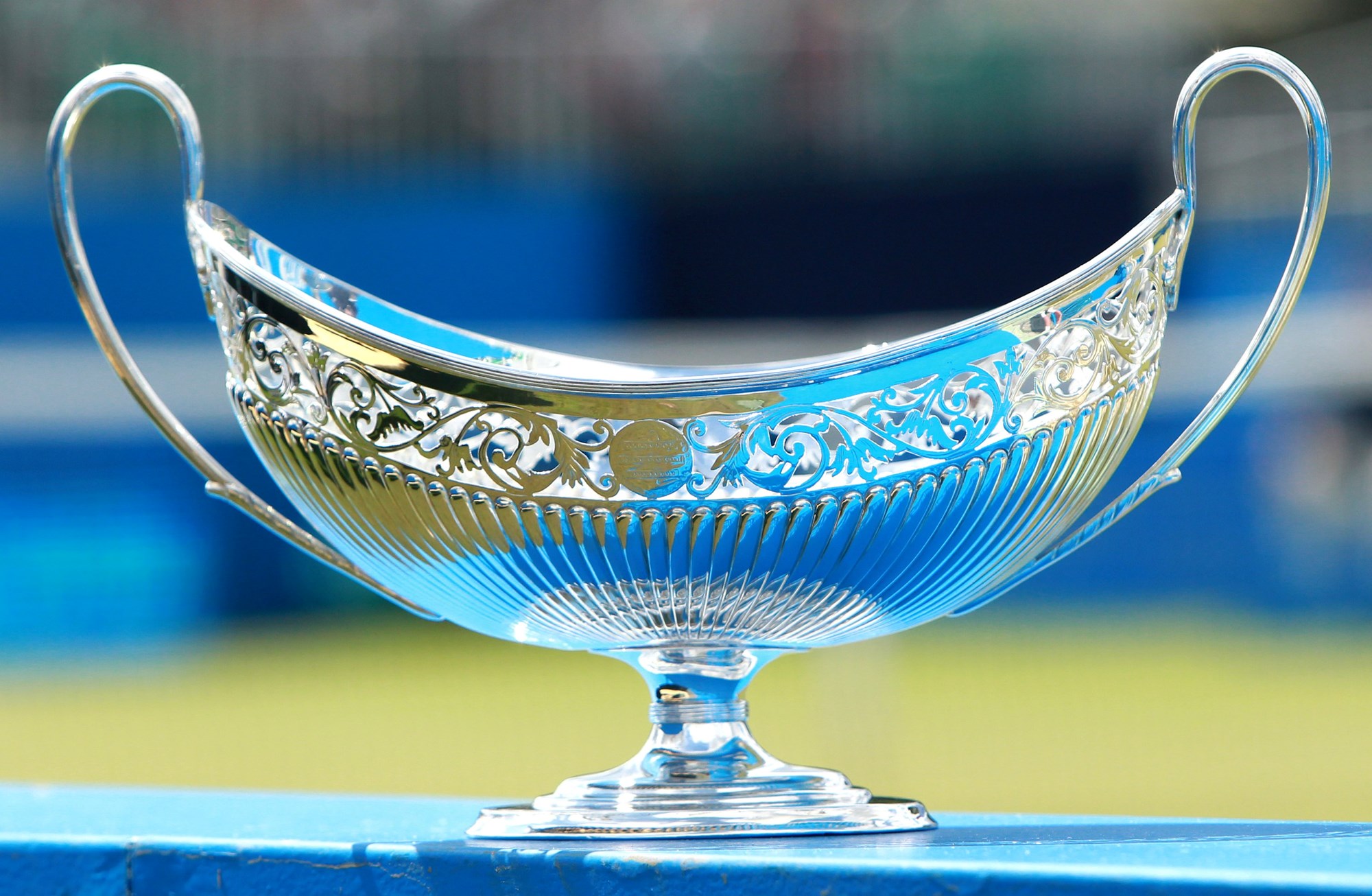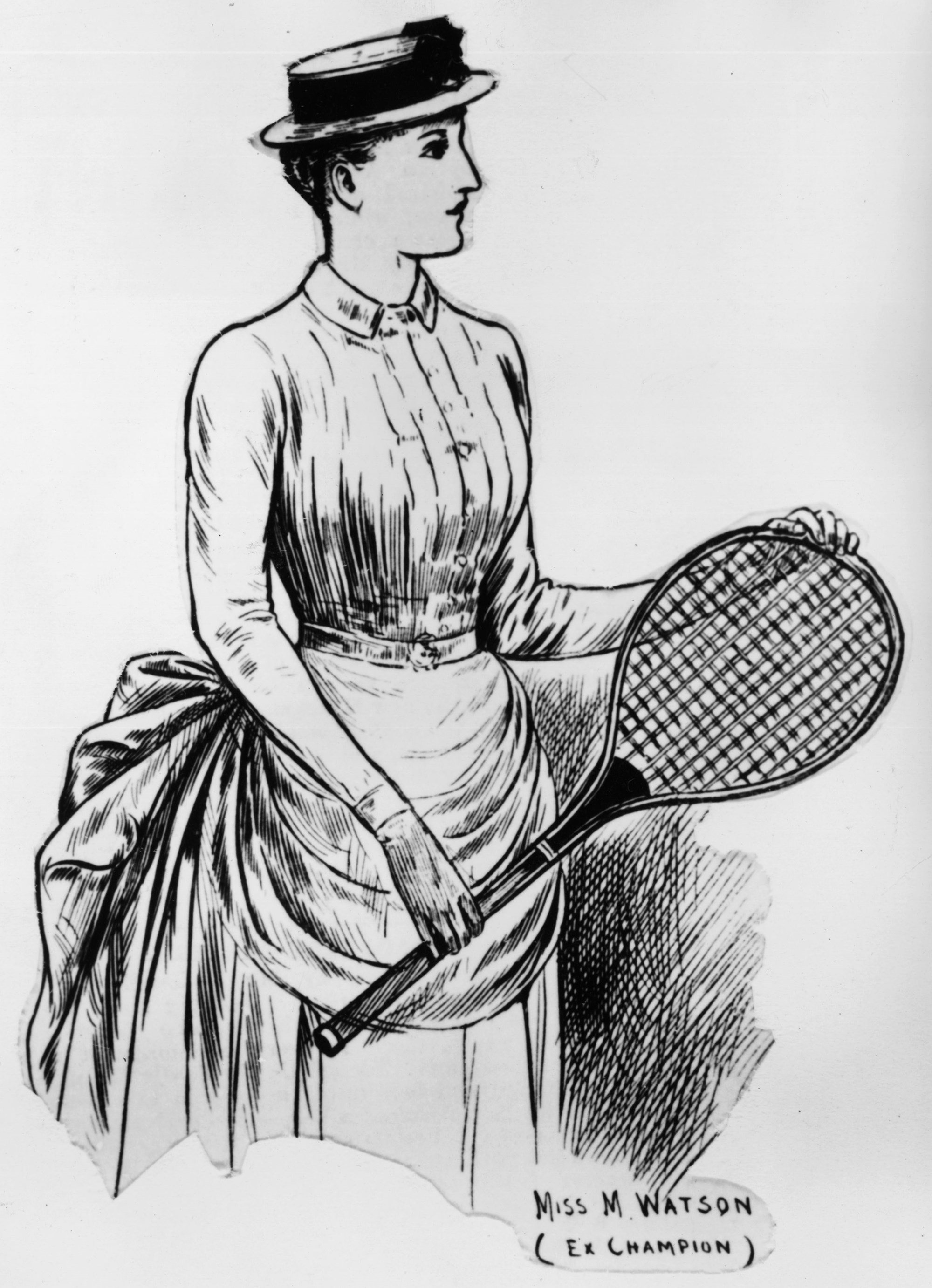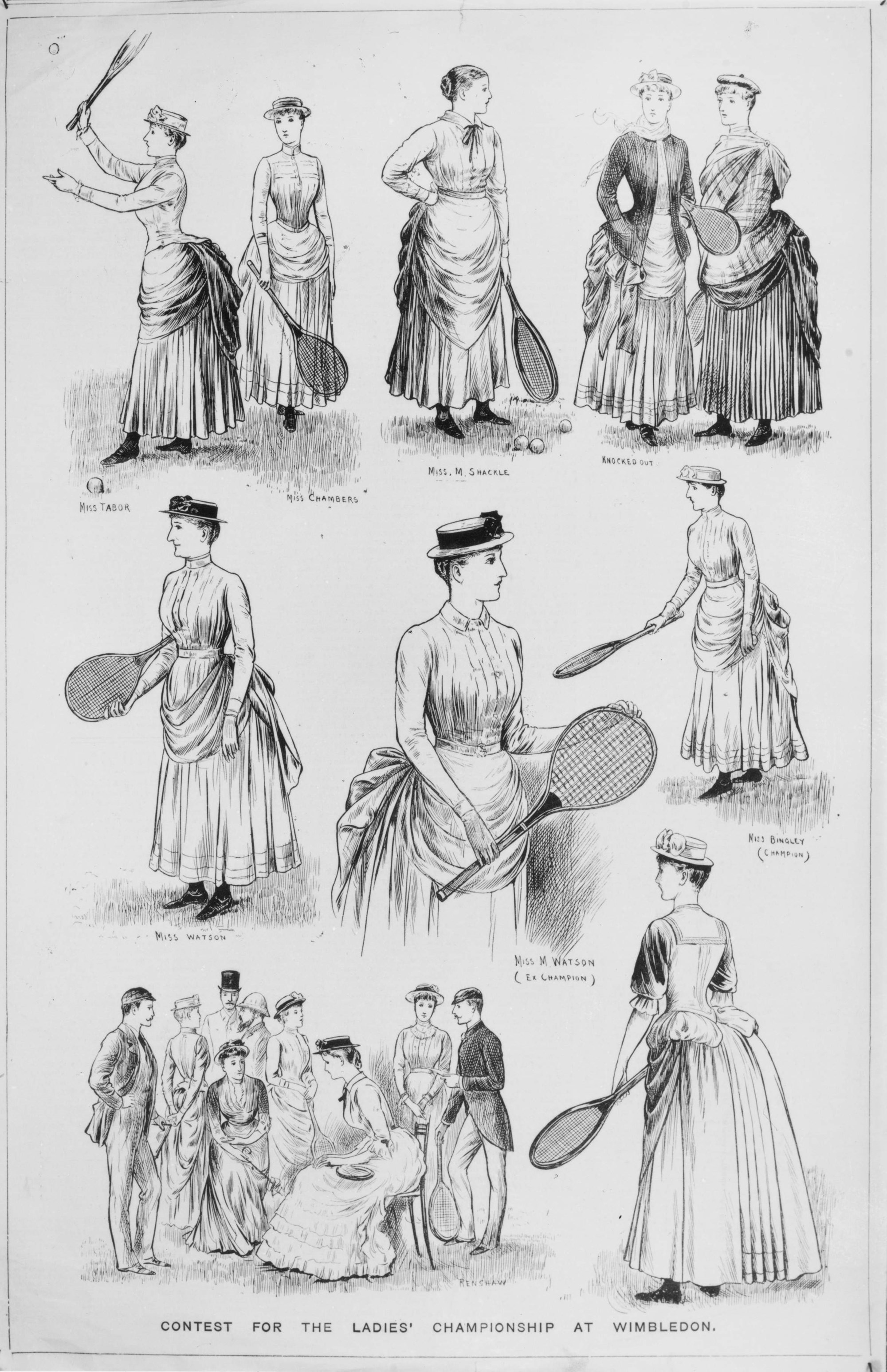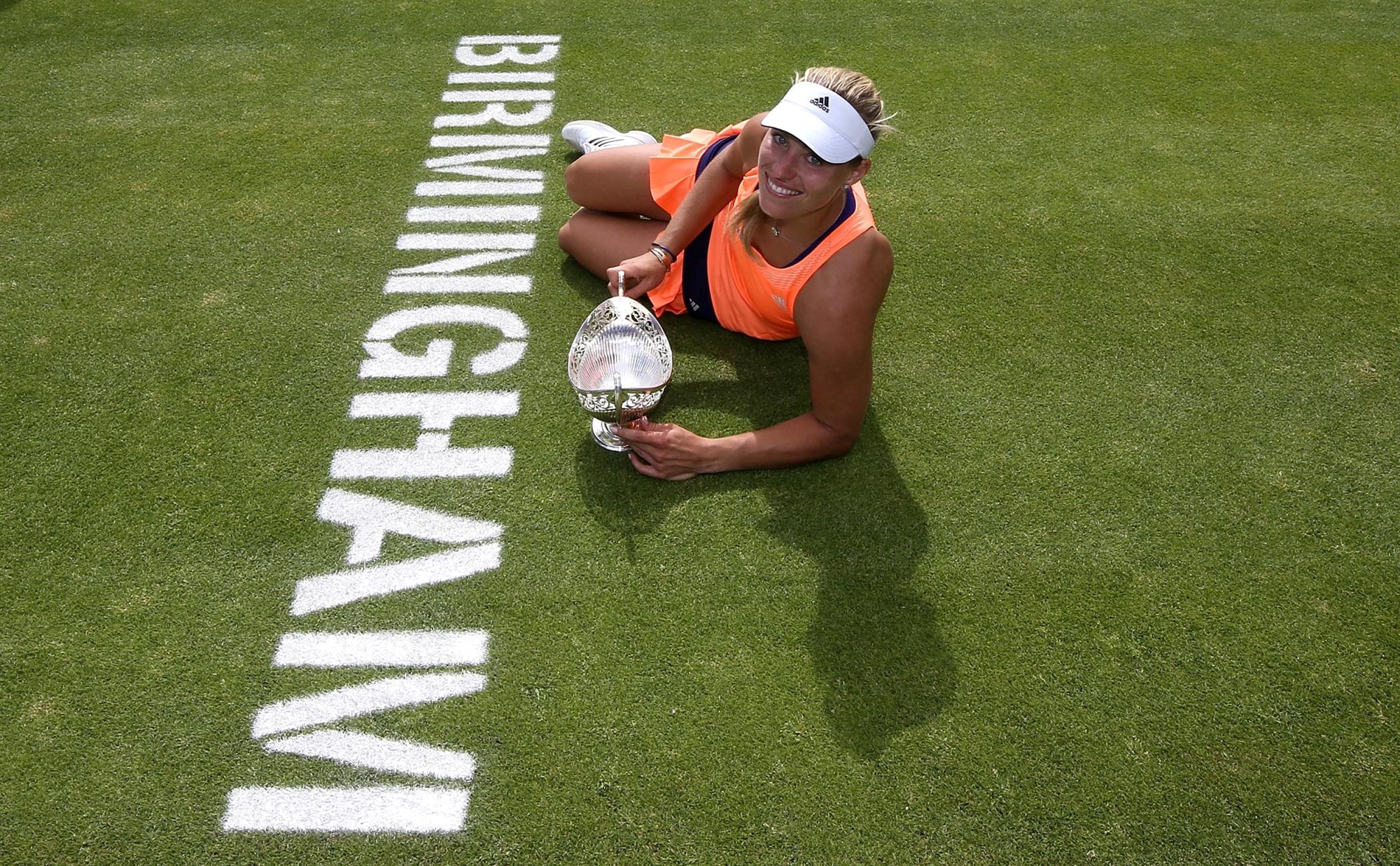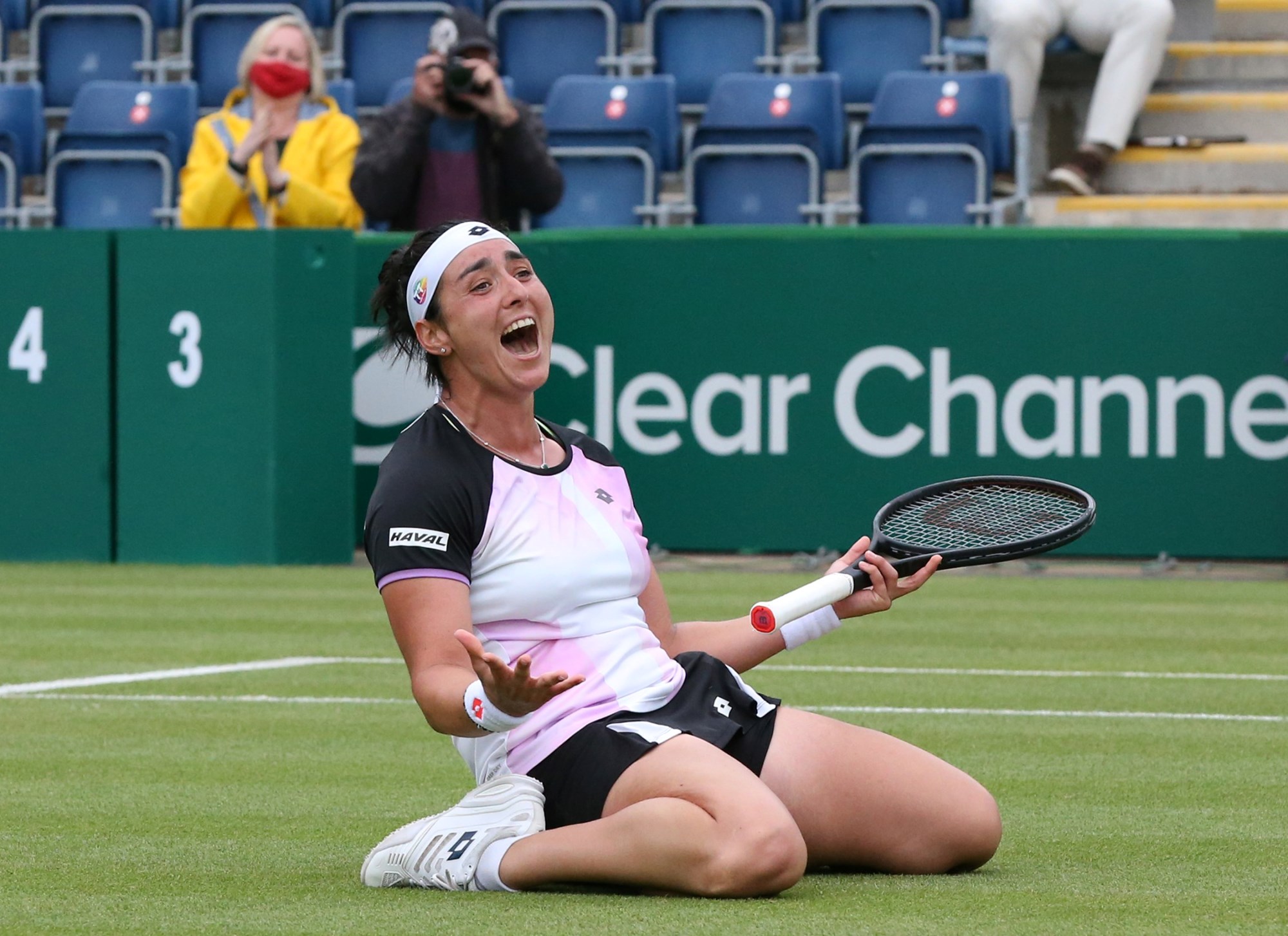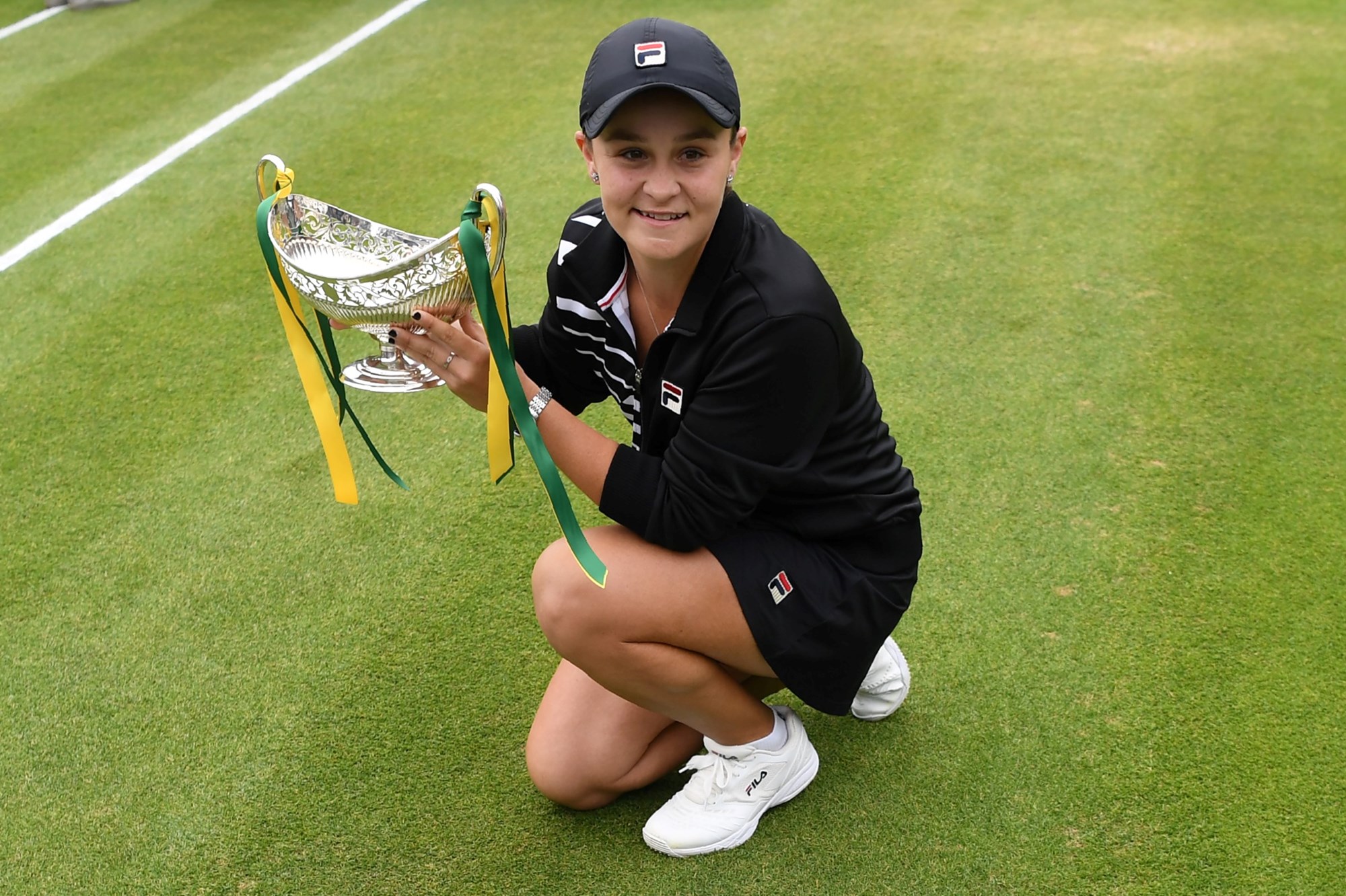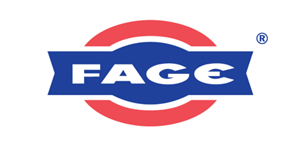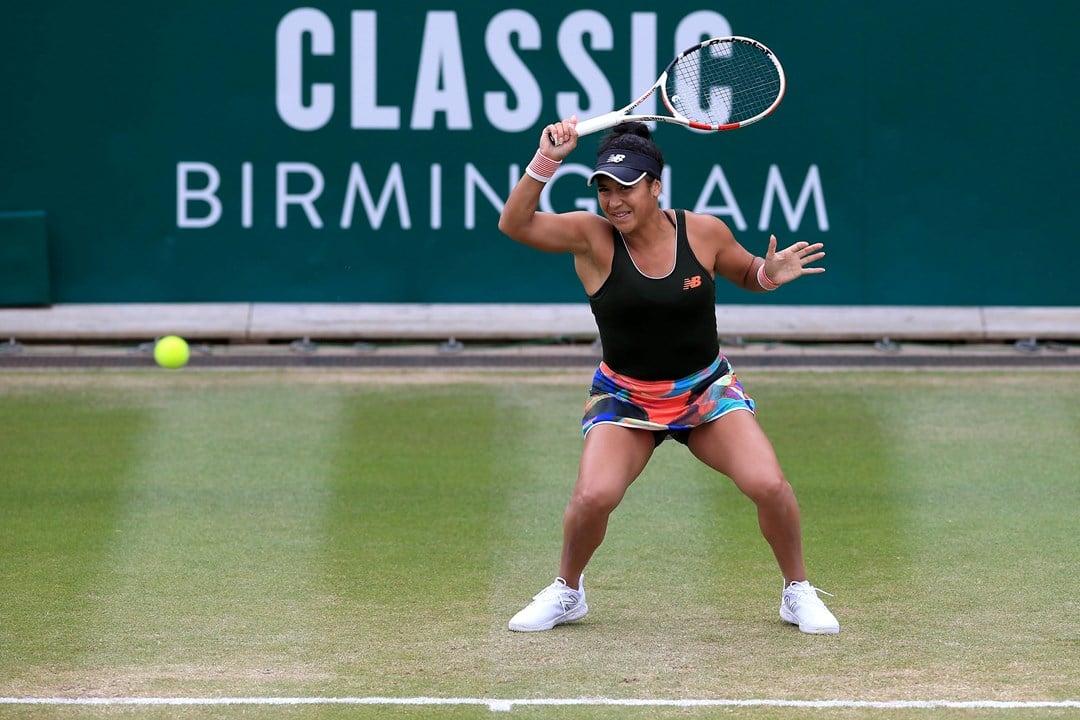
“The perfect Wimbledon build-up”: The history of the Birmingham Classic
• 3 MINUTE READ
The 40th anniversary of the Birmingham Classic marks four decades of achievement for lawn tennis at local, national and international levels. As we look forward to the Rothesay Classic Birmingham kick-starting this year, we take a look back at the history of one of the most famous grass court events in the tennis calendar.
The credit for establishing the Classic in 1982 rightly goes to former Wimbledon Champions Billie Jean King and Edgbaston Priory’s own Ann Jones, but three circumstances prevailing at the time made their achievement especially important.
Firstly, The Birmingham Post’s Leon Hickman hailed it as “the end of the Midlands tennis drought” because it restored a showcase in the region for international talent after the demise in the 1960s and ’70s of the Midland Counties and John Player tournaments. It was fitting that the trophy of the Classic would be the rose basket won by Maud Watson as Wimbledon’s first female Champion, and whose first title had been won at Edgbaston a century earlier.
Secondly, it offered an opportunity for the LTA to respond to give effect to its campaign at the time to strengthen grass roots tennis in the UK, both as recreation and competitively.
In supporting this tournament, the LTA is demonstrating its desire to spread major events around the country, and give the tennis fans more opportunities to enjoy top level competition.
Lastly, the Classic was part of the Women’s Tennis Association tour which King had developed since 1973 to challenge the unequal treatment of, and opportunities for, female professionals. Jones said: “Billie Jean King and I decided that Edgbaston Priory Club should be the venue for this major Ladies’ event” said Jones, “and winners like Martina Navratilova and Maria Sharapova have followed their victories here at Wimbledon.”
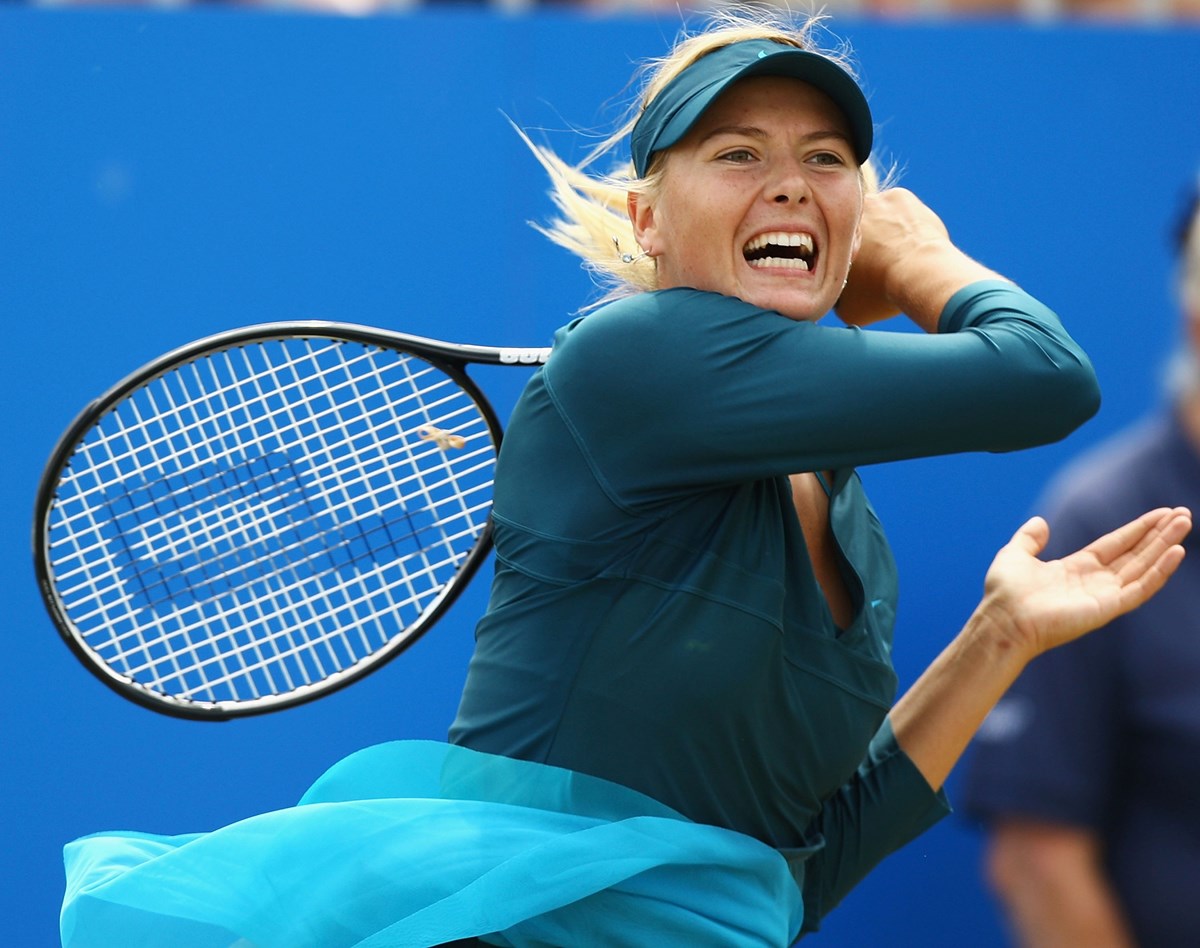
From the outset King and Jones persuaded an array of stars to contest the Birmingham title – initially called the Edgbaston Cup – and the first tournament saw Tracey Austin, Hana Mandlikova and Sue Barker join the order of play. The Classic fulfilled its founders’ aim of making Birmingham what four-time winner Pam Shriver called “the perfect Wimbledon build-up”, paralleling the men’s event at Queen’s.
The title has been won ten times by Wimbledon singles champions, and often by rising stars. Sharapova barely qualified for the Classic when she won at Birmingham at 17, only weeks before taking Serena Williams’s Wimbledon title from her. Angelique Kerber took the Classic title a year before winning the US and Australian Opens, then becoming Wimbledon Champion, and Ashleigh Barty first became World No.1 by winning at Edgbaston Priory in 2019.
Other Wimbledon singles finalists arriving with the Edgbaston title include Nathalie Tauziat, Sabine Lisicki, and Zina Garrison-Jackson (who lost to fellow Classic winner Martina Navratilova).
Such international legends often formed a strong bond with the tournament, returning to compete, open new facilities at the Edgbaston Priory Club, or become Honorary Life Members. Arriving for her eighth Edgbaston tournament in nine years in 2011 Maria Sharapova told the press:
I'm excited to be playing at the Classic once again. It's one of my favourite pre-slam tournaments and I can't wait to get back out on the grass courts at the Priory Club. I always get such a warm welcome in Birmingham at the event and from the people in the city so I always enjoy going back.
Unsurprisingly, the status and recognition of the tournament went from strength to strength. At first arrangements relied upon Edgbaston Priory members providing lodgings for players, driving them in taxis around the city and officiating at matches. Ball boys and girls were recruited from local schools.
Teenager Sharapova even had a trip to the cinema arranged for her. Corporate sponsorship by a string of household business names saw the total prize money swell from £40,000 to over a million US dollars by the pandemic break, at which point it had been a WTA Premier tournament for five years.
Cliff Richard brought a touch of celebrity to the Clubhouse watching the early events, and in 1986 the Maud Watson Trophy was awarded by 90-year-old former Wimbledon Champion Kitty Godfree, whose helicopter landed on the outer courts. That year Channel Four gave TV viewers their first chance to see the Classic, a role later played by ITV and BT Sport, and attendances at the Club expanded when Ann Jones opened the new 2,500-seater centre court named in her honour in 2013.

Even the rather supercilious correspondent of local paper the Sandwell Evening Mail noted the increasing atmosphere of glamour around the Classic by 1989:
“Martina Navratilova came to Birmingham and the Edgbaston Cup threw off its reputation as a modest potboiler for Wimbledon and became a significant event on the calendar. The eight-times Wimbledon champion brought to her rented city house an entourage that included her companion Mrs Judy Nelson, friend Bilie-Jean King and even Mike Tyson’s runaway wife, Robin Givens. There was a time – and not long ago at that – when the matrons of Edgbaston would have tut-tutted beside the greenward courts but in June they were cheering for Martina to win.”
“She will”, the Mail went on to say, “always be welcome in Birmingham”, and twenty-four years later she was at the Club for an exhibition match marking the opening of the Ann Jones Court.
Like all tournaments, the Birmingham classic has lived through changes and challenges including the increasing demands of the tour on competitors, the interruption of the pandemic and – regrettably, but only once – the cancellation of a final for rain. But starting from scratch it has become a major source of inspiration for tennis lovers, a testing ground for athletes, and a badge of pride for the Edgbaston Priory Club in the place where lawn tennis began.




